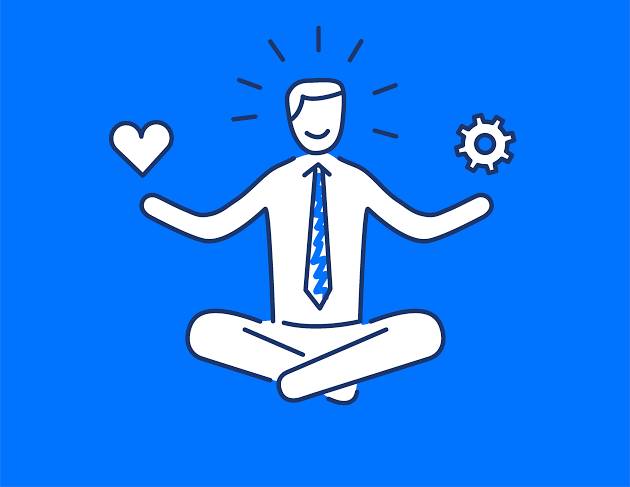
The title of this article must have had a reincarnation in the Subcontinent, because this is what the people of my generation heard while growing up. We never understood, at that time, that when you leave your country, the years blend into one another. One year becomes five, five years come to be fifteen, and fifteen years turn into thirty. Before you realise it, you have become an immigrant. Since you have arrived in a country that does not speak your language, you do not complain. It is too much of a hassle. You learn to keep your head down. We did not leave our homelands out of our heart's desire. Some came to achieve the locally unavailable training; others had travelled as the last resort due to the utter degradation of life where they were. We arrived here following the generation which had broken the glass ceiling. From hundreds of different places, we poured into the GP (general practitioner) land and other medical subspecialties, blending into an enormous professional wave. In return for training or employment opportunities, we brought human skills and enormous talent. We offered tremendous potential to change the lives of others, and help the world around us become more diverse and tolerant. We were bigger than our individual selves.
We were told in an adage that native citizenship without emotional attachment is the civic equivalent of a one-night stand. We accepted it, because as health professionals, we appreciated that there was no such thing as a magic cure
Cut off from our extended families and history, we made new places into our homes. We were neither weighed down by the politics of emotionality nor feared policies which were shrouded in accents of bigotry. Even when hurt, we never let anyone notice, because we had learned the art of breathing without gasping. There were times when our dignity was assailed or our ethnicity was caricatured, but we never surrendered our beliefs. In private thoughts, we took refuge in our traditions that were driven like guideposts into our subconscious. We knew where we came from and where we were heading. We were not here as a shadow, to simply observe the dominant culture. Instead, we were here to contribute. As health service workers and entrepreneurs, we were prepared to work hard and willing to take risks. We were told in an adage that native citizenship without emotional attachment is the civic equivalent of a one-night stand. We accepted it, because as health professionals, we appreciated that there was no such thing as a magic cure. There were baby steps to be taken when you are going up the hill – an unforeseen chuckle or a painless day was sufficient reward until the time when our reflection would not count anymore. With our truth, we stood our ground; without seeking attachment to the validation from others. We did not wait for some other person or another time; we are the change we had always sought. Because it was nourished by so many cultures and peoples, the national health service turned into an island where our thoughts, our journals and our narratives came together. Our greatest contribution has been to define the reality in health services – that the patient should be at the heart of the whole system. We have been able to demonstrate how it is possible to be kind, pleasant, approachable and competent at the same time. Our culture has taught us to be warm, to connect with people and to make them feel valued. Our leadership style is about delivering results, which can only be attained by looking after our colleagues. Our management approach is not about telling people how to do their jobs or making life difficult for them; it is about simplifying issues by cutting through red tape and offering credible solutions. We are persuasive because we are plausible, we are believable because we are sincere, and we are credible because we are loyal. We, as a cohort, are products of sovereign states. Before coming here, we were loved by our parents, treasured by our friends, respected in our milieu and confident in our abilities. Therefore, despite negotiating hardships and new rule-books, we have never doubted ourselves. As a result, there is no end to our ambitions and the achievements that have followed. This is, unfortunately, not the case with most of our native offspring, currently appearing before us as medical students and medical trainees. Despite having the right accent, schooling and social status, they are happy to remain average via the lazy excuse of a “good work-life balance.” Exceptions are always there, but something really happens to them when they grow up in these parts. Pathways analysis and management of this affliction could perhaps be the subject of a different article. Meanwhile, Joshi Jogi is very hard to please. He tells me that whatever gains we have made in the West are actually a story of loss – we left the Subcontinent, we lost our culture; we left Africa, we lost capital; we arrived here, we have lost our children. I tell him that we may have briefly turned our backs on our folks for leading the orchestra, but our tradition is that children always come home by sunset. Picture abhi baqi hai, meray dost!

